If American and international intervention in Libya ousts Muammar Qaddafi, Mahmoud Jibril could be Libya’s leader. But 26 years ago he was a graduate student at the University of Pittsburgh, and his doctoral thesis shows an intense interest in the wild volatility of U.S. policy towards Libya. As Americans wonder whether the rebels they’re supporting will make good allies. his thesis suggests a skepticism of how steadfast an ally Libyans should consider the U.S. He writes: “Analysts should not isolate the United States’ policy toward Libya from the general pattern of U.S. conduct toward other world problems and events.”
The question of who exactly the rebels are took on new urgency yesterday when U.S. Admiral James Stavridis commented that while rebel leaders generally appear to be “responsible men and women,” there have also been “flickers in the intelligence of potential al-Qaeda” and Hezbollah fighters among the opposition. This morning, on Twitter, Foreign Policy ‘s Blake Hounshell asked whether anyone had read Jibril’s PhD thesis on U.S. foreign policy toward Libya. We looked into it and found the thesis –“Imagery and Ideology in U.S. Policy Toward Libya, 1969-1982”–online at the University of Pittsburgh’s website, as published in 1988 three years after Jibril earned his doctorate at Pitt in strategic planning and decision-making.
First, some context: Jibril, the newly appointed head of the opposition’s interim government in Benghazi, met with U.S. Secretary of State Hillary Clinton on Tuesday. An academic and former management consultant in the Middle East, Jibril briefly led Libya’s National Economic Development Board before resigning last year in frustration at the slow pace of reform.
In his thesis, Jibril–who went by the name Mahmoud Gebril ElWarfally when he lived in the U.S.–analyzed the relationship between U.S. officials’ image of Libya and the foreign policy they adopted toward the country during the Nixon, Ford, Carter, and Reagan administrations.
Jibril started from the premise that decision-makers in a given Country A (say, the U.S.) become most concerned with the conduct of a Country B (say, Libya) when “it touches the area of their primary interest.” In a passage that seems relevant in light of America’s present involvement in Libya, he continued:
In recent weeks, the international community launched a no-fly zone in Libya and began enforcing economic sanctions and an arms embargo to pressure Qaddafi to step down. Today, there’s further talk of offering the rebels weapons and covert support .
Jibril touched on these themes in his thesis when he defined the different antagonist policies a country can adopt when it perceives a threat from another country, including direct military action, military intervention in “vulnerable” areas where the enemy could expand its influence, covert intervention to overthrow a regime, economic sanctions, arms embargoes, and “supplying the adversaries of the target regime with arms, under the justification of protecting them against the regime’s threats.”
Jibril assumed that the U.S. would fashion its image of and policy toward Libyan conduct in the context of American objectives in the Middle East.
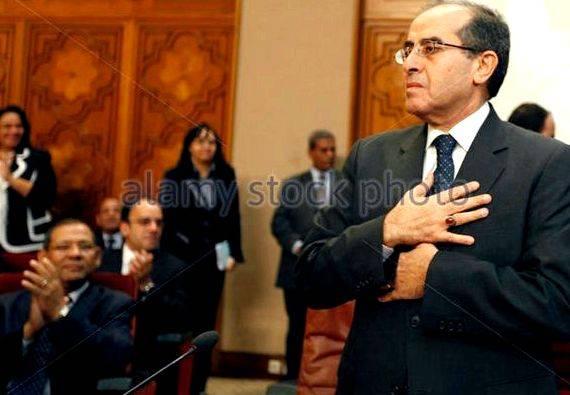
Writing in the mid-1980s, he defined U.S. objectives in the region as follows:
Jibril set out to determine which U.S. objective proved most important in the “Libyan-American context” from 1969–when Qaddafi seized power in a coup–to 1982. He charted U.S. officials’ images of Libya over that period:
He also charted U.S. policy toward Libya during that same time, concluding that America’s chief concern in Libya was combating the Soviet Union.
In the late 1980s, Libya fell squarely in the “Enemy” camp on the left of Jibril’s chart. The U.S. bombed Tripoli and Benghazi and imposed economic sanctions in 1986 after U.S. soldiers were killed in a Berlin nightclub in a Libyan-sponsored terrorist bombing. The U.N. later imposed sanctions on Libya in 1988 when the country was implicated in the bombing of a Pan Am plane over Lockerbie, Scotland.
But Libya whipsawed to the right of the chart into the “Ally” camp during the Bush administration’s War on Terror, after Qaddafi renounced his weapons of mass destruction program in 2003 and became a valuable regional partner in America’s counterterrorism operations. The U.S. reestablished full diplomatic relations with Libya in 2006, and John McCain even spent an evening at Qaddafi’s ranch in 2009.
Now the relationship has swung to the left again, with President Obama arguing that the U.S. has intervened in Libya because Qaddafi’s aggression threatened to destabilize the transitional governments in Egypt and Tunisia and snuff out the “democratic impulses” throughout the region.
The question is, does Jibril view American support now as steadfast? Or, given his thesis, does he see U.S. military assistance as a whim of American foreign policy, liable to turn on a dime?
Oct 7, 2016 10:40PM ET <> comments ” data-disqus-format-singular=” / <> comment ” class=”comment-count” data-disqus-identifier=”mt503417″>
The Republican nominee faces the biggest crisis of his candidacy after the release of a 2005 recording in which he boasts that stars like him can “grab them by the pussy. You can do anything.”
Oct 7, 2016 5:51PM ET <> comments ” data-disqus-format-singular=” / <> comment ” class=”comment-count” data-disqus-identifier=”mt503321″>
A roundup of our recent writing on arts and entertainment


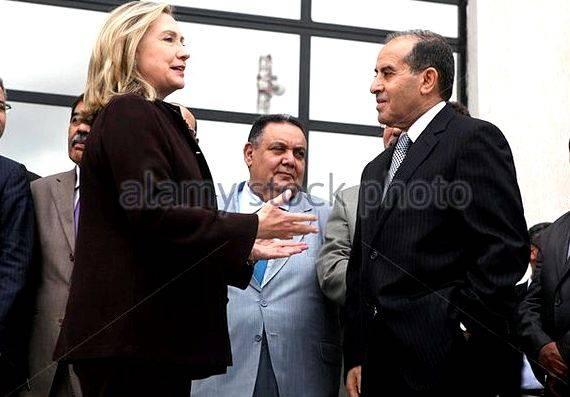
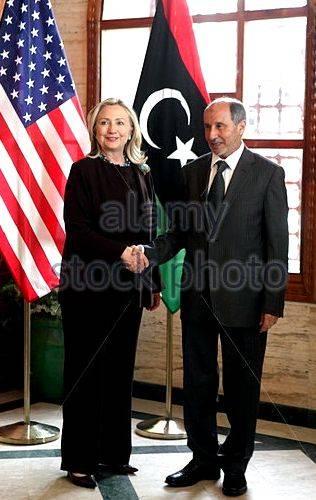


 Boris michailow unvollendete dissertation proposal
Boris michailow unvollendete dissertation proposal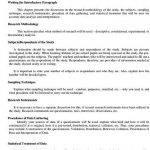 Method and procedure thesis proposal
Method and procedure thesis proposal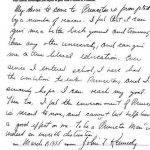 Princeton 100 page thesis proposal
Princeton 100 page thesis proposal Doit on respecter la nature dissertation proposal
Doit on respecter la nature dissertation proposal Gastroretentive drug delivery system thesis proposal
Gastroretentive drug delivery system thesis proposal






